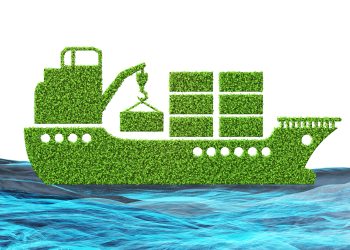Responding to the publication of the Commons Environment, Food and Rural Affairs Committee report on ‘Brexit: Trade in Food’, the British Ports Association warned that the lack of agreements on cross-border environmental health standards, can cause a major disruption at UK and EU ports.
Currently, animal and plant products entering the UK and the EU from a third country might require documentary, identity or physical inspections. These checks are conducted at a specially designated and designed Border Inspection Posts, carried out by veterinary officers, employed by local authorities.
As a result of the UK’s membership of the EU, in recent years food and agricultural products have not been subject to port health controls. However, after Brexit, infrastructure for costly Border Inspection Posts would need to be installed at a number of UK ports.
[smlsubform prepend=”GET THE SAFETY4SEA IN YOUR INBOX!” showname=false emailtxt=”” emailholder=”Enter your email address” showsubmit=true submittxt=”Submit” jsthanks=false thankyou=”Thank you for subscribing to our mailing list”]
Much of the UK’s trade with the EU is facilitated via HGVs through Roll-on Roll-off ferry terminals, virtually all of which do not have suitable third country port health inspection infrastructure.
Richard Ballantyne, Chief Executive of the British Ports Association, said:
“Perhaps one of the biggest Brexit challenges ports could face is accommodating new environmental health standards inspections at the border. As the report highlights, delays resulting from inspections at border would lead to increased costs, creating congestion and particular issues for perishable goods. Any Brexit trade deal must include an agreement to overcome the need for such inspections.”






























































